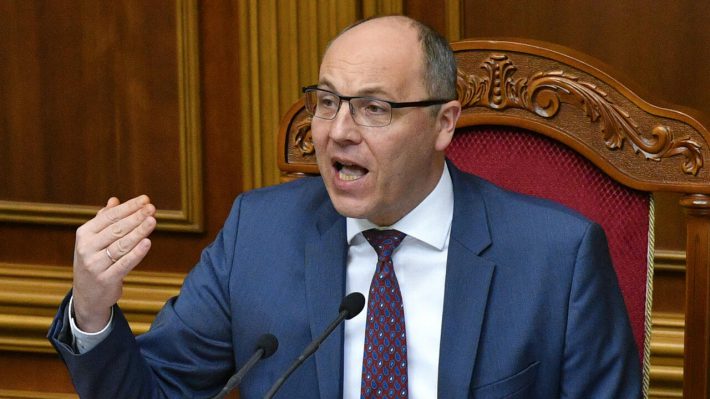The Minister of Finance opposes the imposition of a tax on the import of cannabis flowers from Canada, directly conflicting with the Minister of the Economy.
The Minister of Finance, Bezalel Smotrich, announced today (Friday) to the Minister of Economy and Industry, Nir Barkat, that he opposes his decision from April 10 regarding the imposition of a tax on the import of cannabis flowers from Canada. He claimed that his opposition is based on extensive economic analyses, professional positions from key regulatory authorities, and a thorough examination of the economic implications of the proposed tax.
According to the Minister of Finance, the imposition of the tax is expected to harm the growth of the medical cannabis market in Israel, which generates over a billion shekels a year and constitutes a potential source for economic growth, innovation, and international exports. Smotrich emphasized that this is a healthy and dynamic market that is in a natural streamlining and competitive process, which is actually nourished by friction with global markets. Such regulatory intervention, he says, could stifle the potential inherent in the industry and cause long-term harm to consumers, investors, and the market’s ability to compete internationally.
Smotrich further noted that the tax would lead to a significant increase in cannabis prices for consumers in need of the product and an increase in government spending to finance cannabis for disabled IDF veterans and victims of terrorist acts. Additionally, the move is contrary to the government’s policy of removing barriers, encouraging imports, and increasing competition in order to reduce the cost of living. Minister Smotrich even expressed doubts about the quality of the professional process in the advisory committee that recommended the tax.
Minister Smotrich concluded: “We are committed to a free and competitive market, one that encourages growth, innovation, and price reductions. The cannabis market in Israel, consumed by patients and those who have received medical permission for it, holds significant value. Now, when we are committed to fighting the cost of living, especially for the assistance of the weaker sectors and the middle class, there is no place for this tax to be imposed. I call on the government not to return to a policy of excessive protection but to allow market forces to act. Harsh regulatory intervention in a situation of healthy competition harms consumers, investors, and the economy as a whole.”





